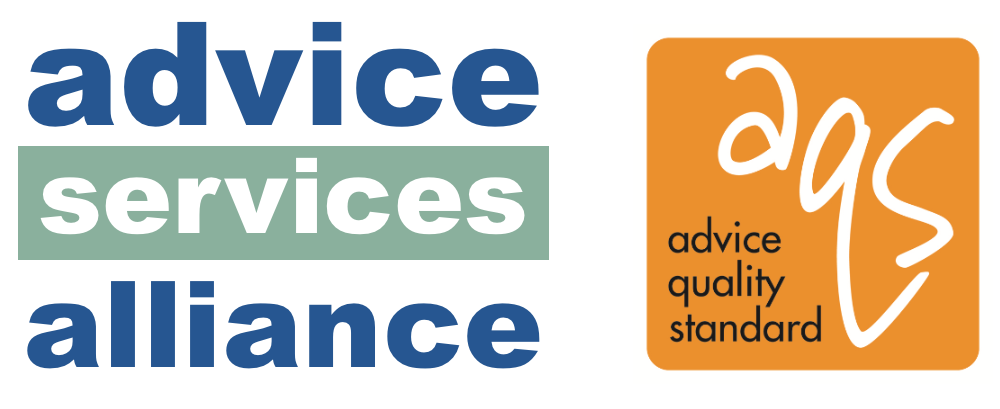My Journey With Dyslexia
Written by Tracy Mayi, Schools Mental Health Practitioner
When I started university, I had to memorise lots of complex information in a short period of time for my psychology exams. I noticed that I was struggling, and I found out that I had dyslexia after a 3-hour assessment with a specialist. I flowed between multiple emotions, shame, sadness, and relief that I finally had an explanation.
What is Dyslexia
Dyslexia is considered a learning difficulty comprised of struggling with short-term memory, reading, spelling, grammar, writing, and processing information. What dyslexic people struggle with can differ and vary between people, no two people experience the same symptoms or severity of symptoms.
My experience with Dyslexia
As someone with dyslexia, I consider it as a difference in the way my brain organises and processes information. It has been a journey of rediscovering my brain again when I received the diagnosis at 20 years old, and finding new ways to cope with my neurodiverse mind. Further to this, it was also a time of rediscovering and recognising the strengths of my dyslexic mind, and while moving away from only focusing on what I struggle with.
Psychological impact of Dyslexia
Confidence
People with dyslexia are more likely to struggle with self-esteem and confidence due to the fear of making mistakes and being judged or ridiculed by others. Likewise, they are more likely to experience negative self-talk and self-image due to the frustrations that arise, which in turn impacts the way dyslexic people view themselves. Due to low self-esteem, confidence, and negative self-talk, it makes it harder for people with dyslexia to notice their strengths and how they are breaking through barriers and obstacles.
Anxiety
Anxiety is the most common emotional symptom that dyslexic people report experiencing. This is due to the fear of tasks being too difficult which could lead to potential failure.
The anticipation of failure can result in an anxious cycle in which a dyslexic person becomes anxious about tasks beforehand and expects a negative outcome. This means that they may start to avoid certain tasks or withdraw altogether. At first, avoiding anxiety-provoking situations may feel helpful, however in the long-term this keeps the anxiety going as the person never gets an opportunity to develop coping strategies, and find ways to reduce their anxiety.
The anticipation of failure can also lead to embarrassment, social isolation or becoming highly conscious of the ‘perceived weakness.’ Therefore, it was important for me to rediscover the strengths of my dyslexic mind, and what I was capable of.
Strengths of people with Dyslexia
I spent hours researching the strengths that dyslexic people have. I found that dyslexic people are good at making connections, are excellent big-picture thinkers, and have high levels of creativity and problem-solving skills. Dyslexic people have different strengths and skill sets. They can flourish and excel in several areas such as attention to detail, imagination, and outside the box thinking.
The more I knew about my strengths, the more my confidence grew. I started to focus on and harness my strengths whilst working on the things I struggled with, without shame. I began to practice self-compassion when I made a mistake, and even found the humour in some of the mistakes.
If we can start to take conscious steps to focus on the strengths as a society, and encourage dyslexic people to recognise and explore their strengths, this could lead to higher levels of self-esteem, and confidence for dyslexic people.
This week is dyslexia awareness week, and the theme is breaking through barriers. It’s important to recognise and reflect on the barriers that dyslexic people face in everyday life.
More importantly, it is key to celebrate all the ways that dyslexic people are breaking through those barriers, and redefining success for them.
Books on Dyslexia:
The Dyslexic Advantage: Unlocking the hidden potential of the dyslexic brain – Dr Brick L. Eide & Dr Fernette F. Eide
The Adult Side Of Dyslexia – Kelli Sandman-Hurley
This Is Dyslexia: The definitive guide to the untapped power of dyslexic thinking and its vital role in our future – Katie Griggs
Dyslexia website resources:
Sign up for our Newsletter
Sign up here for our monthly newsletter of mental health tips and advice, as well as to know what we’re up to.
We have newsletters for adults, children and young people, parents, and education staff.
Posted on: 30th September 2022

















